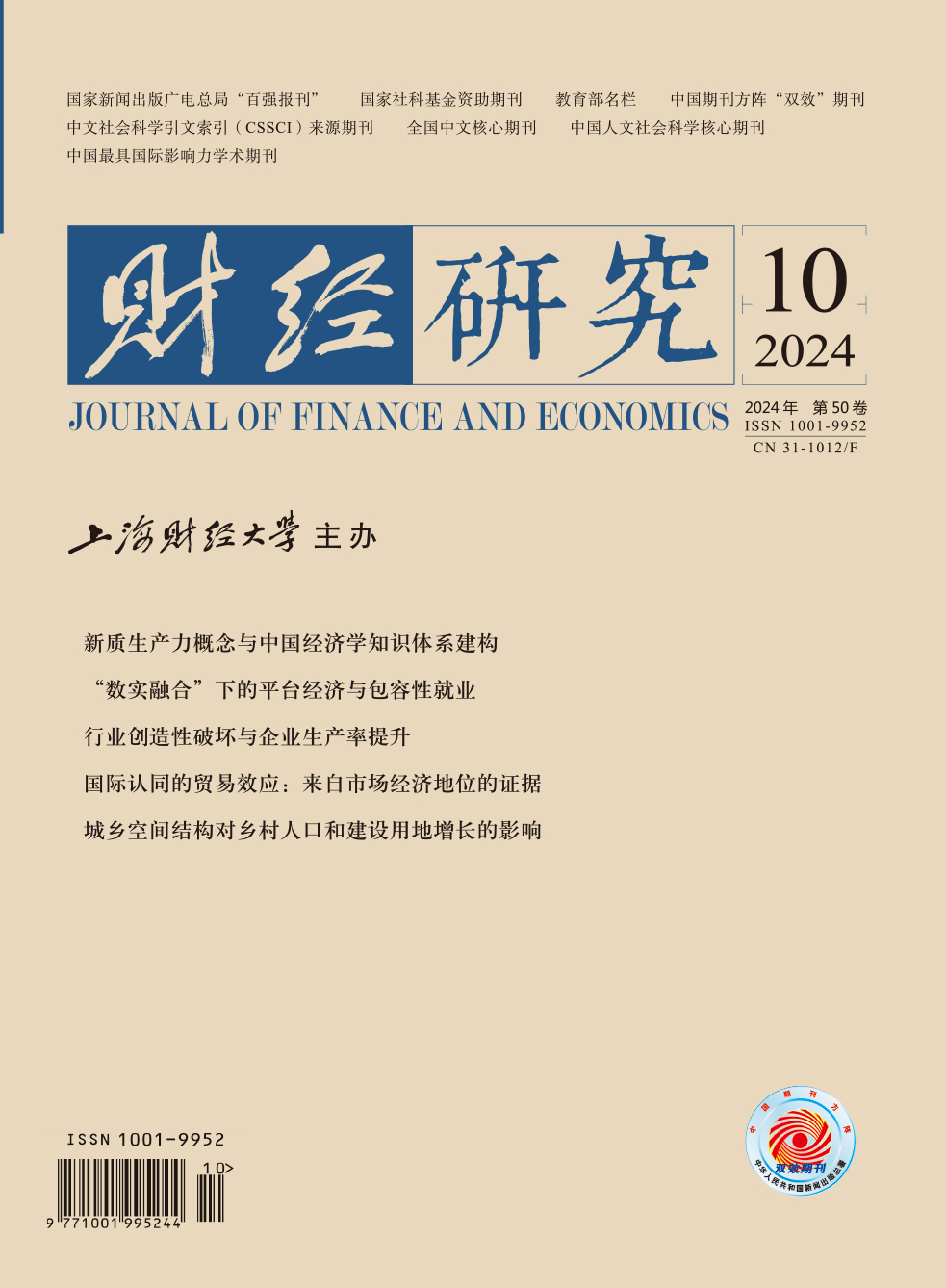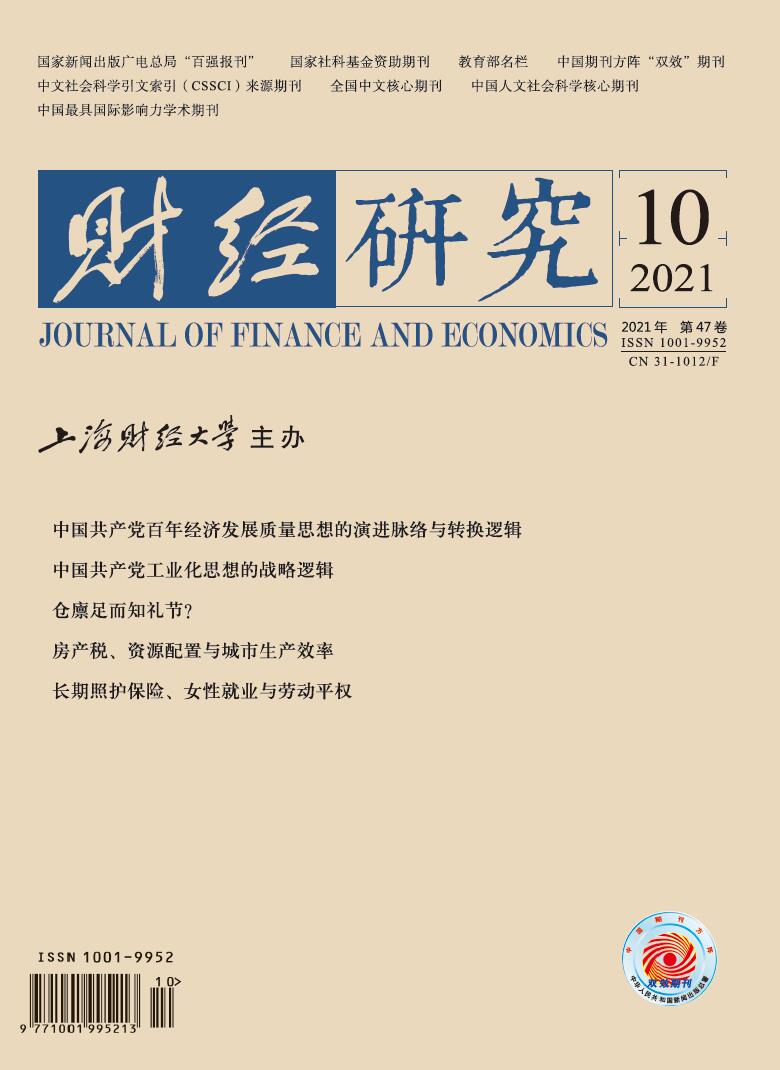This paper studies the impact of intelligent tax supervision on the decision of corporate earnings management. Companies determine earnings management strategies by weighing the marginal benefits and costs of accrual-based earnings management and real earnings management. Existing literature finds that managers prefer real earnings management than accrual-based earnings management because of regulatory pressure. This paper takes tax costs into consideration and adopts that tax will affect the substitution relationship between different earnings management methods.
Accrual-based earnings management is realized by accounting methods. But real earnings management has a direct cash flow effect. Compared with accrual-based earnings management, real earnings management is subject to a higher level of book-tax conformity. Real activity manipulation is more costly due to tax incentives. Intelligent tax supervision represented by Golden Tax-III can effectively realize information integration and reduce information asymmetry between taxpayers and tax authorities. It can help to identify companies whose tax burdens deviate from the industry average. So Golden Tax-III can strengthen tax supervision and significantly increase the tax costs of real earnings management. Then, it can affect earnings management strategies. The higher the degree of tax non-compliance, the greater the impact of the implementation of Golden Tax-III.
We use the implementation of Golden Tax-III as an exogenous event to construct a DID test. The results show that: Tax-noncompliant companies have a higher level of accrual-based earnings management after Golden Tax-III; tax-noncompliant companies have a lower level of real earnings management after Golden Tax-III; the substitution relationship between the two earnings management strategies in tax-noncompliant companies is mainly reflected after Golden Tax-III.
The main contributions of this paper are as follows: (1) It directly examines the impact of tax costs on earnings management strategies, and finds that companies prefer accrual-based earnings management to real earnings management under strong tax supervision. It also expands the previous earnings management model. The research enriches and supplements the literature on earnings management. (2) It constructs a DID test to examine the impact of tax regulation on earnings management based on the implementation of Golden Tax-III. It can help to solve the problem of self-selection and endogeneity and supplement the relevant literature on tax and earnings management. (3) It finds that the intelligent supervision represented by Golden Tax-III can effectively distinguish tax-noncompliant companies and achieve precise supervision. The results help to understand and evaluate the economic consequences of Golden Tax-III, and also provide enlightenment for the development of intelligent tax supervision and taxation regulatory policy.






 4396
4396  4680
4680

